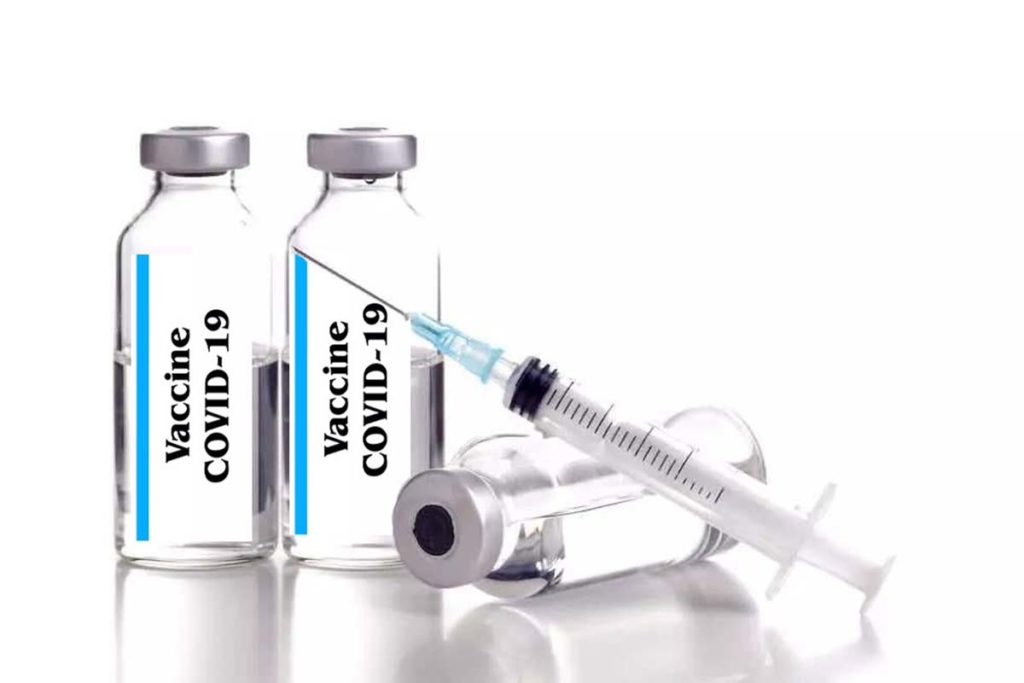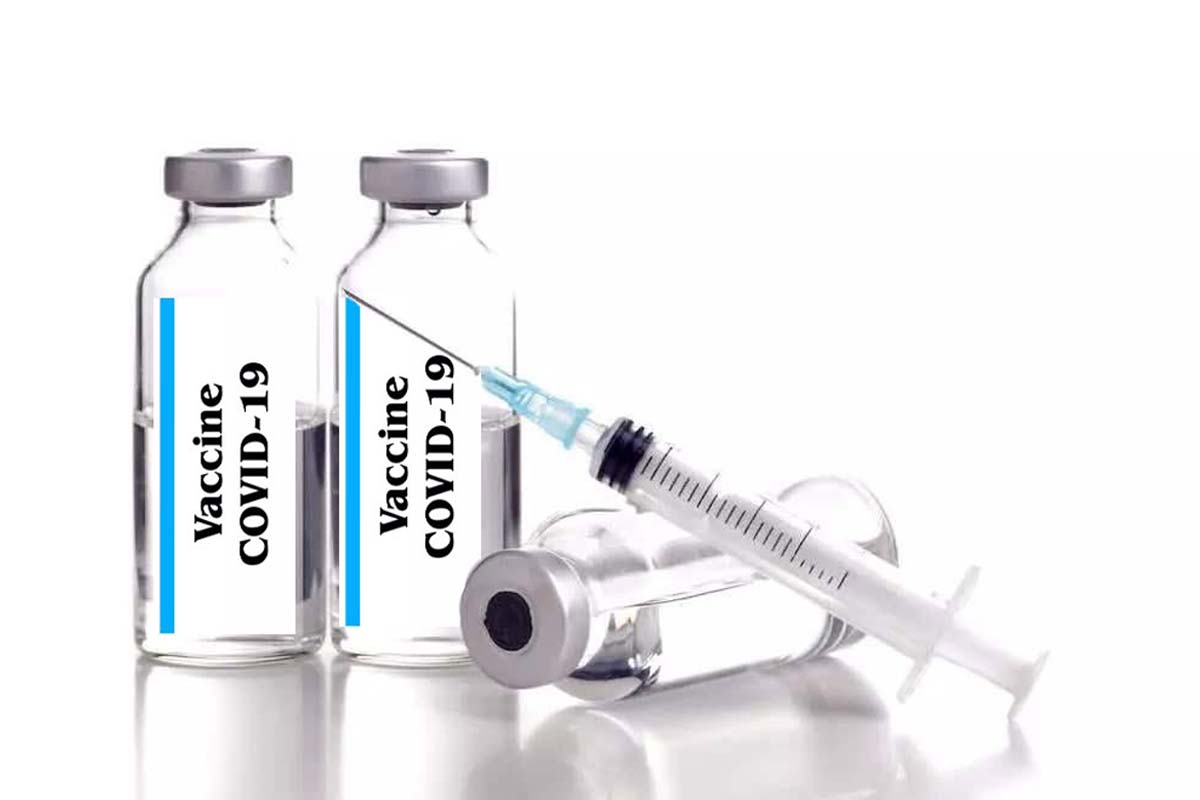The World Health Organization has proposed an international ban on COVID-19 vaccine booster injections to let low-income nations get more people vaccinated. It has been shown that the effectiveness of vaccines decreases over time as the virus-fighting antibodies that the vaccine induces gradually diminish. Several nations in the Middle East, including Israel, France, Germany, and the United Kingdom, have started or intended to begin booster programs.
Is The Use Of COVID-19 Vaccination Boosters The Best Course Of Action?
The Director-General of the World Health Organization (WHO) has urged governments to postpone the rollout of COVID-19 booster injections to narrow the gap between wealthier and poorer countries.

Most individuals in low-income nations are still unvaccinated, despite intentions in many high-income countries to provide a third booster injection to susceptible people in the near future. According to WHO statistics, just a little more than one percent of people living in low-income countries had received vaccinations as of August 4, compared to more than half of those living in high-income countries.
The World Health Organization (WHO) is calling for a ban on booster shots to meet its target of vaccinating 10 percent of the population of every nation by the end of September.
Why is it necessary to provide COVID-19 booster shots?
It has been shown that the effectiveness of vaccines decreases over time as the virus-fighting antibodies that the vaccine induces gradually diminish. According to Pfizer, protection against symptomatic illness declines to 84 percent after six months, after reaching a high of 96 percent within two months after taking the first two doses.
The firm, which developed its vaccine with partner BioNTech, is attempting to get clearance from US and European authorities for a third medication dosage. In a press release, Pfizer Chief Scientific Officer Mikael Dolsten said that the Pfizer vaccine is highly against the Delta strain. However, there is a significant risk of reinfection after six months due to the waning of antibodies, as anticipated.
Israel, which has administered the Pfizer/BioNTech vaccine to 57 percent of its population, has become the first nation to launch a booster campaign, which will target the most susceptible and those over the age of 60. President Isaac Herzog got a third vaccination dosage at the end of July, making him the third president to do so.
According to early research conducted in Israel, protection against severe illness decreased among vaccinated individuals in January.
As Yale Medicine points out, another benefit of a booster injection is that it may be tailored to target particular strains of the virus.
Are there any other nations that are presently providing boosters?
France, Germany, and several nations in the Middle East have already started their booster programs.
According to the Telegraph, the United Kingdom intends to begin offering COVID-19 boosters to 32 million people in early September, beginning with the most vulnerable. This is in response to the independent Joint Committee on Vaccination and vaccinations’ recommendation (JCVI).
As noted in the government’s COVID-19 Response: Summer 2021 guidance, “the booster program would aim to offer additional resilience against all variants, as well as maximize protection in those who are most vulnerable to serious disease from COVID-19 before the winter months, when there is increased pressure on the NHS.”
According to a study conducted by Public Health England, the Oxford/AstraZeneca or the Pfizer/BioNTech vaccines “lower the risk of symptomatic illness with the Delta variant by 35 percent and the risk of hospitalizations by 80 percent” with only one dosage. The second dosage increases protection against symptomatic illness to 79 percent and from hospitalization to 96 percent after the first dose.
